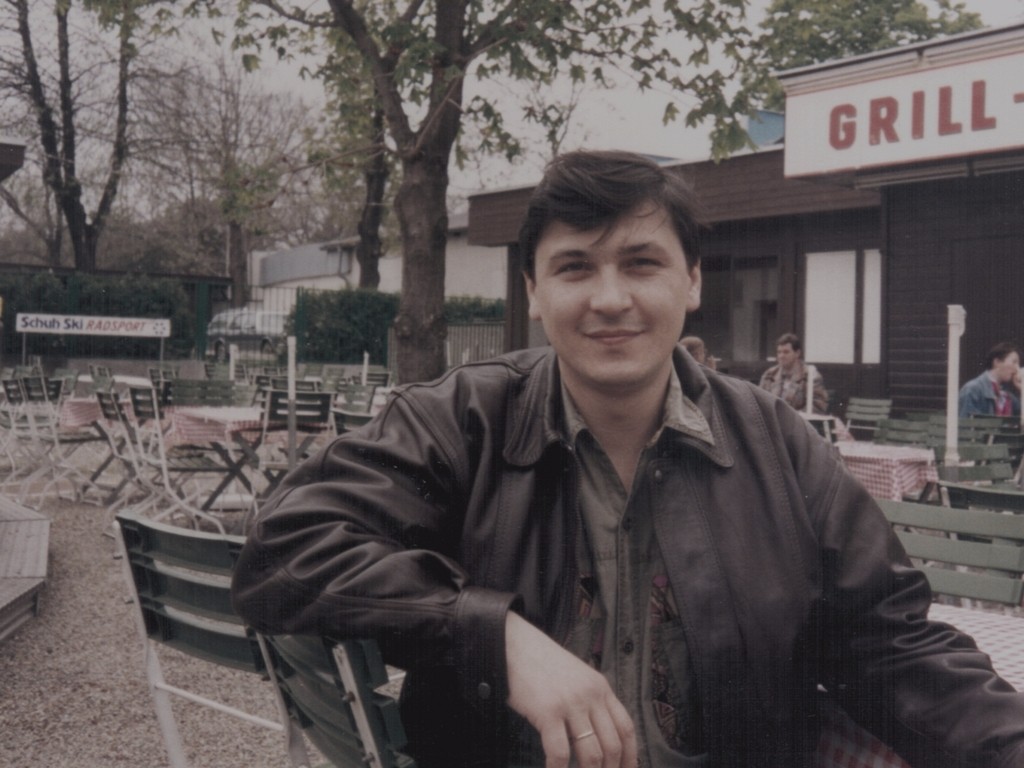Voices from the Dark – an evening of poetry and activism
7th November 2018
Rich Mix, London
7pm – 10pm
More details and RSVP here and here
Prove That They’re Alive! campaign and Dash Arts present Voices From The Dark, an evening of poetry, live music and conversation about art and activism in times of oppression.
Voices From The Dark will highlight the power of arts in activism and bring information about the disappeared in Turkmenistan, and, specifically, the work of Batyr Berdyev, former minister of Foreign Affairs in Turkmenistan, political prisoner, and poet to a broader audience. We will launch a collection of poetry, Parting Song, written by Batyr Berdyev early in his prison term in 2002 and 2003, smuggled out of prison, and published last year by the Prove They Are Alive! campaign.
The launch will be presented during a special event at Rich Mix – a vibrant East London’s independent art venue. The event will bring together Parting Song translator James Womack, human rights activist and Central Asia specialist Ivar Dale, and campaign members and supporters.
A former Turkmen diplomat and then Minister of Foreign Affairs, Berdyev was arrested along with dozens of other high-ranked officials in 2002 for allegedly participating in an attempted coup d’état against then-President Niyazov. After a rushed and closed trial, Berdyev was convicted and sentenced to 25 years imprisonment. Since his arrest in 2002, his family has not seen him, nor do they know where is he or if he is alive at all. International human rights organizations, lawyers, and doctors are denied access to him, and he cannot receive packages or letters.
He is a victim of enforced disappearances – a grave human rights violation. Victims of enforced disappearances go missing in state custody and their fate remains unknown. Targets of enforced disappearances include people considered a threat to the authoritarian regime, including public officials, civic activists, religious activists, and independent journalists.
Judging by the dates on some of the manuscripts, the poems were written early in his prison term in 2002 and 2003. The manuscripts were smuggled out of prison and passed on to an acquaintance abroad and eventually to the Prove! campaign, which translated them into English. The poems are among the last known messages from Berdyev. Other than that, his voice was last heard by a fellow prison inmate in 2005. In 2007, during an official visit to the USA, President Gurbanguly Berdymukhamedov was asked whether Batyr Berdyev was still alive. He answered that “he thought so.” Apart from this 10-year old vague statement, the government of Turkmenistan consistently refuses to respond to any request for information.
James Womack, a poet, literary translator and publisher, noted that Berdyev’s book is a historical document that tells the story of grotesque human rights violations, and, at the same time, it is a piece of art with deeply lyrical and personal poetry that continues the tradition of Russian literature about imprisonment and despotism. “Poetry is a way of telling the truth, whereas the political language, the language of autocracy, is based on euphemisms, based on lies,” says Womack. “To say things as they are – not as they should be – this is something, I think, Batyr’s poetry does.”

